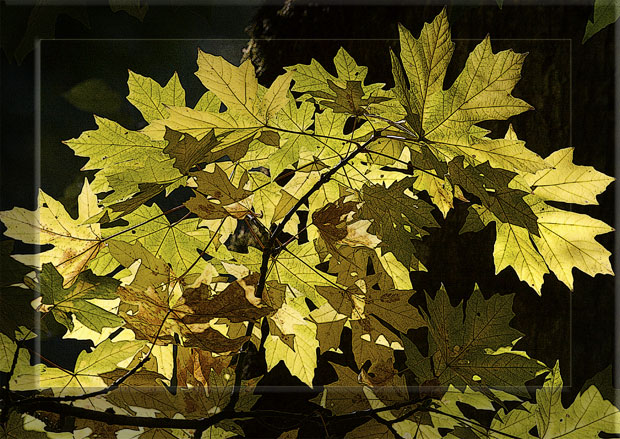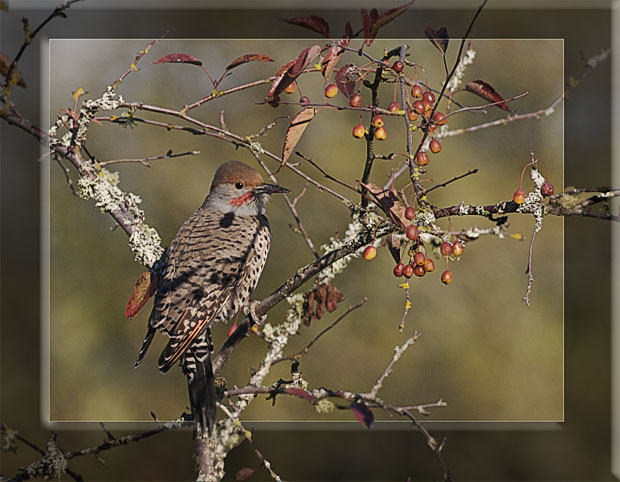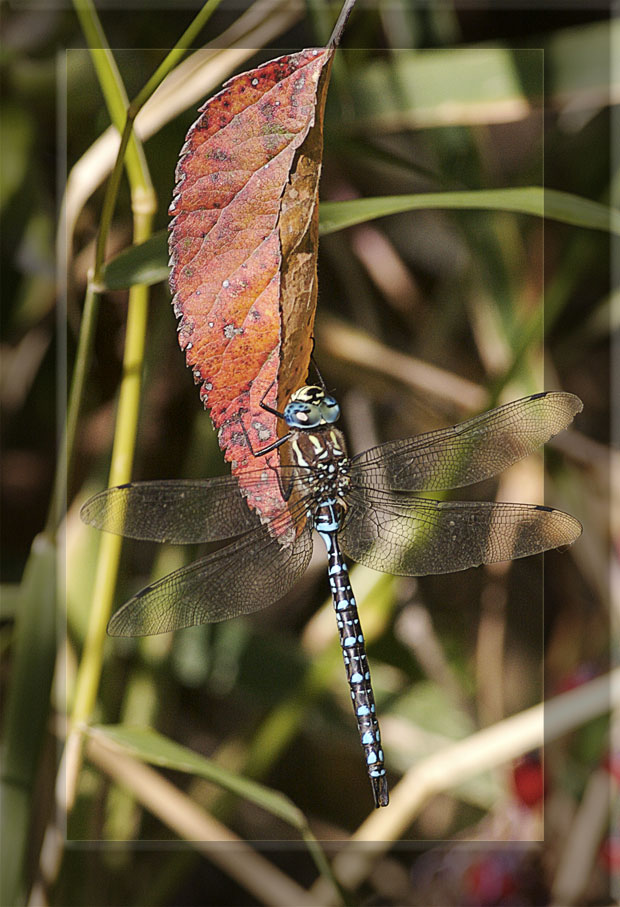Before moving on to some titles specifically linked to the Pacific Northwest, I decided to read Witold Rybczynski’s Home, a book Jame recommended a while ago, and I’m enjoying it a lot — though not as much as walking in the crisp, fall sunshine we’re experiencing right now.
To begin with, there’s the sheer fun of learning historical facts I’ve never encountered before, either in the literature I’ve read or the year of college-level European history I took. His description of the poor, the vast majority of the people in the Middle Ages, reminded me of the villagers I saw in Vietnam, a grinding poverty that made any hope of real democracy an obscene joke:
The poor were extremely badly housed. They were without water or sanitation, with almost no furniture and few possessions, a situation which, in Europe at least, continued until the beginning of the twentieth century. In the towns, their houses were so small that family life was compromised; these tiny one room hovels were little more than shelters for sleeping. There was room only for the infants the older children were separated from their parents and sent to work as apprentices or servants. The result of these deprivations, according to some historians, was that concepts such as “home” and “family” did not exist for these miserable souls. To speak of comfort and discomfort under such circumstances is absurd: this was bare existence.
I must admit that before reading this chapter I really couldn’t imagine life without concepts like “home�? and “family.�? It’s clear, though, that even if they did have such concepts they could not be the same as our concepts of home and family.
Perhaps it’s even more shocking to hear that:
… words such as “self confidence,” “self esteem,” “melancholy,” and “sentimental” appeared in English or French in their modern senses only two or three hundred years ago. Their use marked the emergence of something new in the human consciousness: the appearance of the internal world of the individual, of the self, and of the family. The significance of the evolution of domestic comfort can only be appreciated in this context. It is much more than a simple search for physical well being; it begins in the appreciation of the house as a setting for an emerging interior life. In Lukacs’s words, “as the self consciousness of medieval people was spare, the interiors of their houses were bare, including the halls of nobles and of kings. The interior furniture of houses appeared together with the interior furniture of minds.�?
While I can imagine living without “melancholy,�? and certainly without “sentimental,�? the INTP in me can’t for a moment imagine living without “self confidence�? or “self esteem,�? much less without an “interior life.�?
While it makes sense that,
Comfort in the physical sense was still awaiting the eighteenth century and the improvement of such technologies as water supply and heating, as well as refinements to the internal subdivision of the home. But the transition from the public, feudal household to the private, family home was under way. The growing sense of domestic intimacy was a human invention as much as any technical device. Indeed, it may have been more important, for it affected not only our physical surroundings, but our consciousness as well.
it’s nearly impossible to imagine a world where “domestic intimacy�? doesn’t exist. I’m still not sure I can get my mind around the concept that “ domestic intimacy was a human invention.�?
The thought certainly puts Bachelard’s belief that poetry begins in the house, in the shelters of the home, into a new perspective, doesn’t it?




